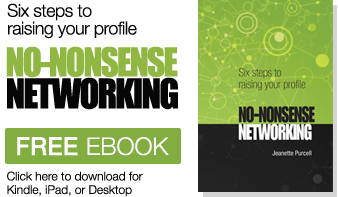The Imposter Syndrome
I heard the term ‘imposter syndrome’ for the first time today. It described a situation I recognised immediately and have often talked and written about – and I was fascinated to hear that the situation has a formal definition. The term popped up during an interview with one of the world’s leading astronomers – Dame Jocelyn Bell-Burnell – on Radio 4 this morning. She described how she pursued a career in astrophysics in the 1960s, struggling to achieve recognition in an entirely male dominated field. She applied for a PhD post at Cambridge University not expecting to get in and, when her application was accepted, she was very surprised. Jocelyn Bell-Burnell remembers her first year at Cambridge as a very daunting experience. She felt she didn’t deserve to be there and, in her interview, talks about ‘imposter syndrome’ as a way of describing her feelings. To paraphrase Jocelyn’s explanation of the syndrome : it is experienced by people, mostly women, who lack confidence and who believe that the success they have achieved is the result of some terrible mistake. The feeling involves a nagging fear that at some point the mistake will be uncovered, revealing the person as an undeserving imposter.
This feeling will resonate with many women and, perhaps, some men. To some extent I experienced it myself when I was first promoted to a senior management position. Despite the rigorous selection process, I couldn’t help wondering whether I got there by luck or by somehow pretending to my seniors that I had got what it takes. My older sister, a successful occupational therapist and academic, has told me that she occasionally felt like a fraud in her job. She half expected someone to tap her on the back one day and say “sorry, we’ve just realised you’re not up to this job and you’ve been getting away with it for too long”. When I am coaching women in senior roles it is not unusual for them to express feelings of doubt about their ability to do their job. They are also quick to tell me why they are probably not capable of progressing any further. I rarely encounter a man expressing the same reservations.
Women who suffer from this lack of confidence are often their own worst enemies. They fail to aim high, underrate their own capabilities and do themselves down in front of others. I am not suggesting that women should learn how to be more arrogant – it is often the sincerity and honesty of women leaders that earns them respect, trust and success at the top. Rather I wish that women would believe more in themselves, acknowledge their strengths and realise the positive impact they have in business. I can well understand Jocelyn Bell-Burnell suffering from ‘imposter syndrome’ in the scientific field in the 1960s. It shouldn’t still be happening today.
Both comments and pings are currently closed.



















Hear hear – I totally agree and find I get very frustrated with myself at times for feeling like that. Fantastic blog by the way.
Thanks Fiona, interestingly I was coaching a male senior manager recently who had joined his company years ago as a junior administrator. He had worked his way up to a management position over the years. He talked about feeling that he didn’t really deserve to be where he was and that colleagues at work didn’t rate or respect him because of his meteoric rise in the company. So it’s a widespread phenomenon and it affects men too!
[…] always springs to mind as someone who was outspoken about her feelings when she first started in Cambridge in the 1960′s. Although back then of course women were still not made to feel all that welcome as graduate […]